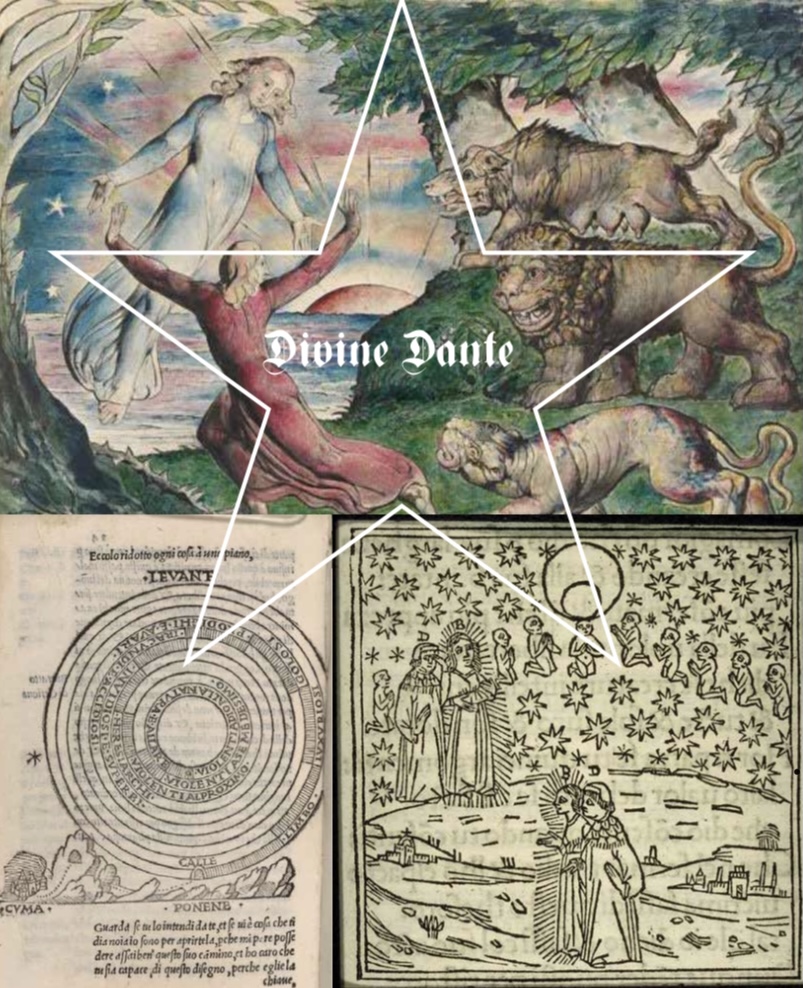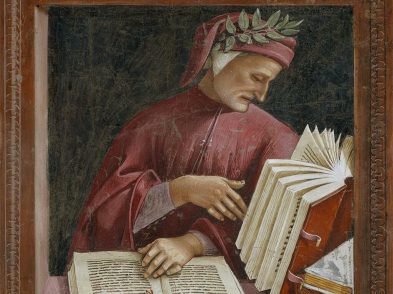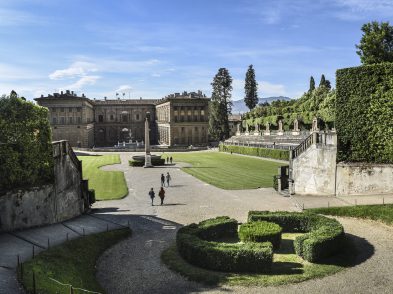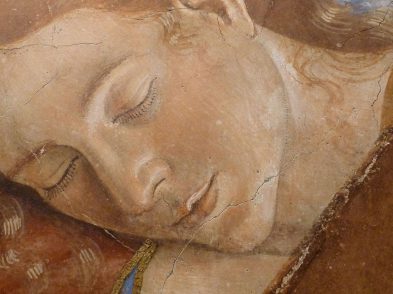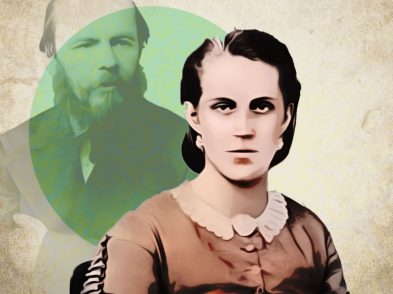As someone with an ever-growing “TBR pile”, I get a twinge of anxiety whenever someone tells me that I have to read some book or another. There’s just no time, I think to myself, while simultaneously adding the title to my running list. So, I understand the panic in people’s eyes when I tell them I’m teaching a Dante course and that it’s a great opportunity for them to finally read the Divine Comedy. Though I know time is limited and pleasure reading is considered a luxury, here I am with 5 reasons that may convince you to make time for Dante and his divine poem.
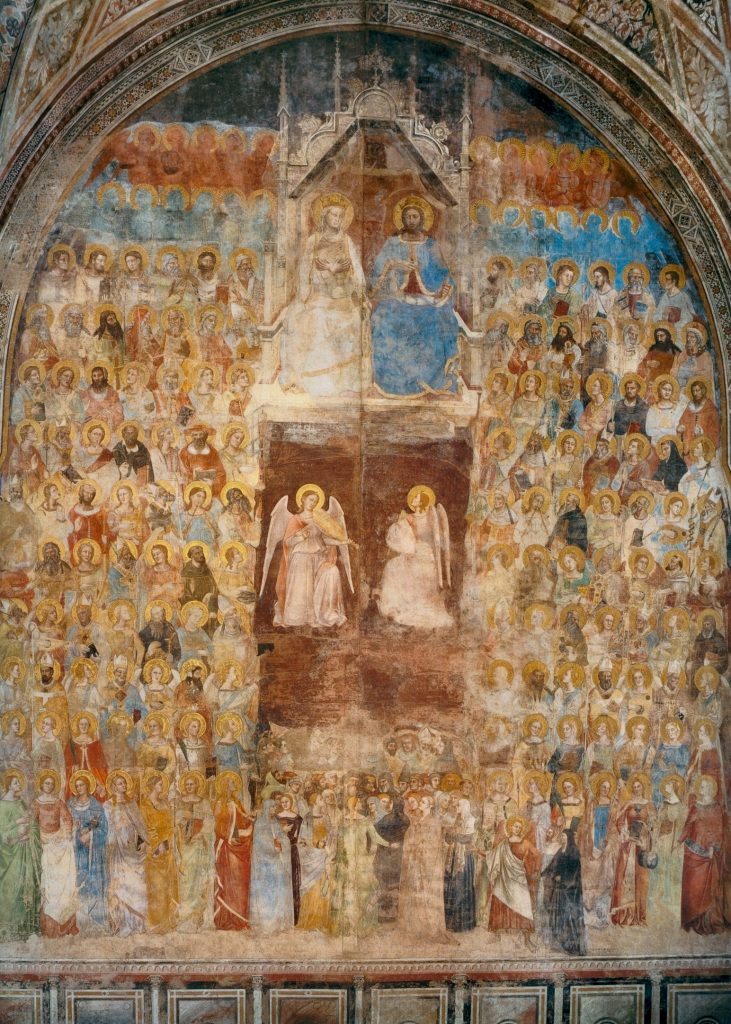
1. It’s a classic.
Italo Calvino said that “Classics are books which, the more we think we know about them through hearsay, the more original, unexpected and innovative we find them when we actually read them”. I promise you that, even if you have read around or about the Divine Comedy, nothing compares to the experience of immersing yourself in Dante’s poem. It is an exhilarating journey that will thrill and surprise you.
2. Poetry is good for your health.
A 2023 study by the University of Plymouth and Nottingham Trent University showed that reading, writing and sharing poetry can help people cope with loneliness as well as reduce feelings of anxiety and depression. Further, the researchers found that creativity, when paired with opportunities for safe and supportive discussion, could help people make sense of difficult circumstances.
3. It will deepen your relationship with Florence.
Dante was a proud (though eventually embittered) Florentine. His complicated relationship with his birth city provided plenty of fodder for his poetic masterpiece and Florence figures prominently throughout. We learn his scathing opinions about certain families and the biting politics of medieval Florence, but we also witness his profound nostalgia for the homeland to which he would never return. Reading Dante’s poem will change the way you view and experience Florence.
4. You can impress your friends while looking at art.
Whether you’re in the Florence Baptistery, the Strozzi di Mantova Chapel in Santa Maria Novella, the Duomo di San Gimignano, Bologna’s Bolognini Chapel, the Scrovegni Chapel in Padua or in Rodin’s Paris, after reading the Divine Comedy, you will blow your friends away with your ability to connect the poem to artistic movements across space and time.
5. It’s fun.
Reading for pleasure should be fun; it’s as simple as that. At a time when it feels like everything we do should be “productive”, doing something for the sheer joy of it seems revolutionary (and it is). Give yourself the opportunity to just enjoy the poem and see where it takes you—the worlds that it can potentially open to you are fascinating and fun.
Alexandra Lawrence and The British Institute of Florence are teaming up to bring you Divine Dante, a six-week guided reading of Dante’s masterpiece, the Divine Comedy. A story of hitting rock bottom and making the arduous but joyful climb up to the stars, Dante’s epic tale shows that the only way out is through. Immerse yourself in poetry, beauty and profound insight into the human condition with this inspiring literary journey. The series runs from April 9 until May 14, and is both online and in person at The British Institute Library. To learn more and register, see www.britishinstitute.it/en/special-courses/divine-dante.
